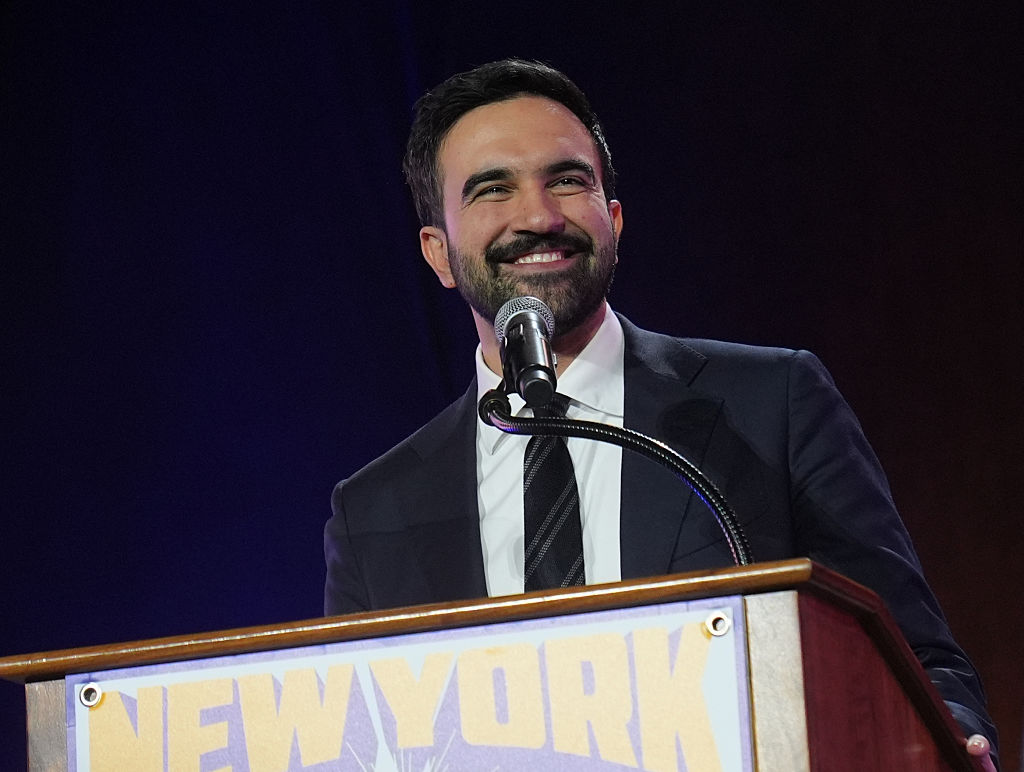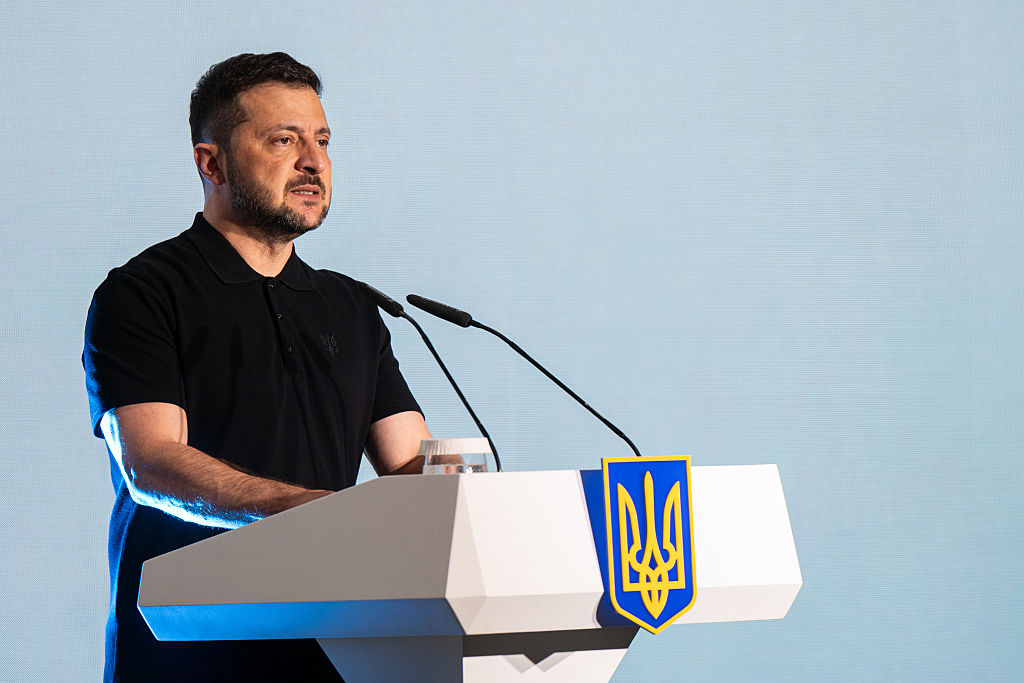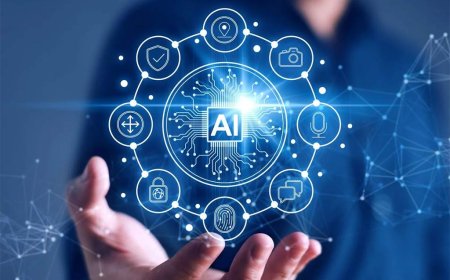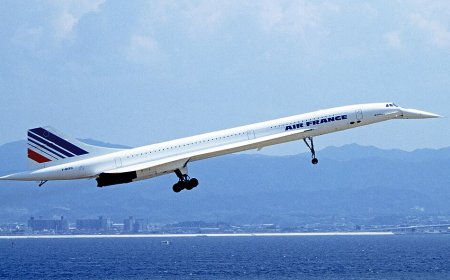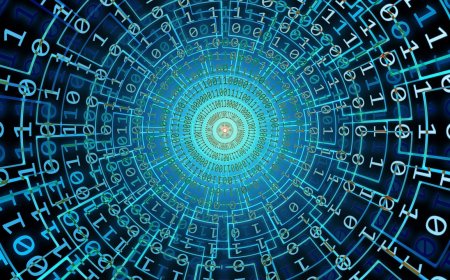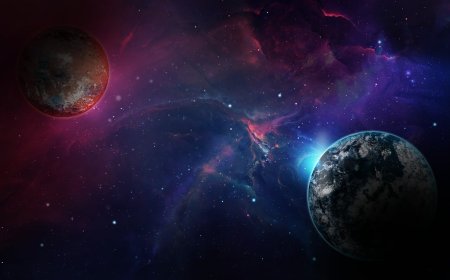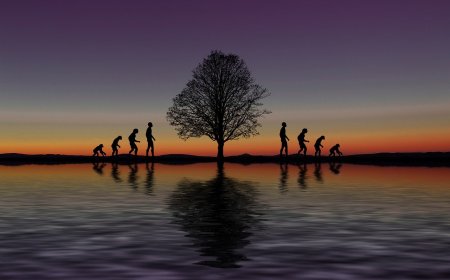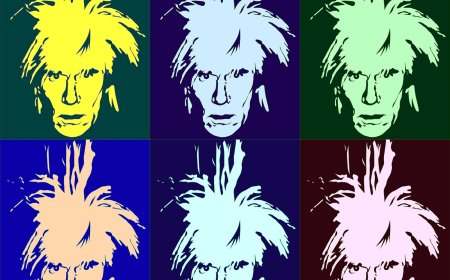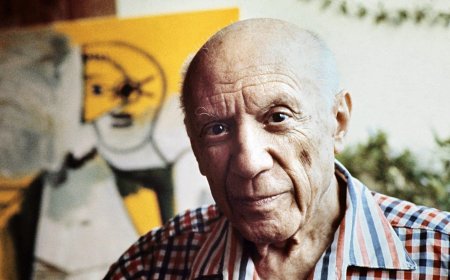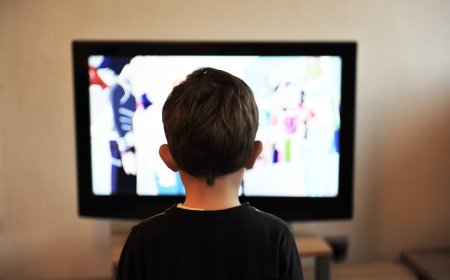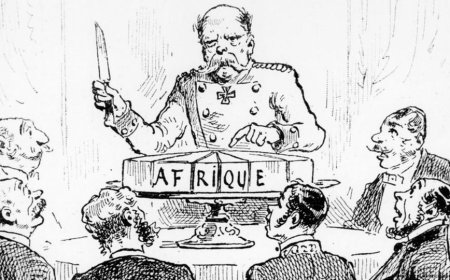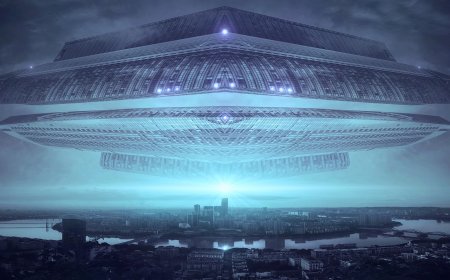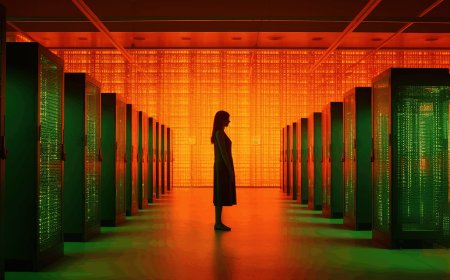10 Important Books about the Future of Humankind
Exploring the future of humanity has been a perennial fascination for authors, scientists, and philosophers alike.

Exploring the future of humanity has been a perennial fascination for authors, scientists, and philosophers alike. From envisioning utopias to predicting dystopian scenarios, these books delve into various aspects of our future existence, offering insights, warnings, and provocative ideas. Here are ten seminal works that have profoundly shaped our understanding of the future of humankind:
1. ''Brave New World" by Aldous Huxley (1932)
Aldous Huxley's dystopian novel paints a chilling picture of a society controlled by technology, genetic engineering, and social conditioning. It explores themes of individualism, freedom, and the consequences of technological advancement.
2. "1984" by George Orwell (1949)
Orwell's classic dystopia presents a totalitarian regime where surveillance, propaganda, and thought control are pervasive. It remains a stark warning about the dangers of authoritarianism and the erosion of personal freedoms.
3. "Neuromancer" by William Gibson (1984)
Often credited with popularizing the cyberpunk genre, "Neuromancer" imagines a future where humans are deeply intertwined with cyberspace and artificial intelligence. It explores themes of identity, virtual reality, and the blurred lines between humanity and technology.
4. "The Singularity is Near" by Ray Kurzweil (2005)
Ray Kurzweil's book explores the concept of technological singularity—the point at which artificial intelligence surpasses human intelligence, leading to profound changes in society, biology, and human existence itself.
5. "Homo Deus: A Brief History of Tomorrow" by Yuval Noah Harari (2015)
Building on his previous work "Sapiens," Harari speculates on the future of humanity, envisioning a world where artificial intelligence and biotechnology redefine our societies, economies, and even our understanding of life and death.
6. "The Future of Humanity: Terraforming Mars, Interstellar Travel, Immortality, and Our Destiny Beyond Earth" by Michio Kaku (2018)
Michio Kaku explores the potential future of humanity as a multi-planetary species, discussing topics such as space exploration, terraforming, and the quest for immortality through science and technology.
7. "Sapiens: A Brief History of Humankind" by Yuval Noah Harari (2011)
While primarily a history book, Harari's "Sapiens" also touches upon the future trajectory of humanity, discussing how our species has evolved and speculating on potential future developments based on historical patterns.
8. "Superintelligence: Paths, Dangers, Strategies" by Nick Bostrom (2014)
Nick Bostrom examines the potential risks and benefits associated with the development of superintelligent machines. He discusses scenarios where artificial intelligence could either uplift humanity or pose existential threats.
9. "The Age of Surveillance Capitalism: The Fight for a Human Future at the New Frontier of Power" by Shoshana Zuboff (2019)
Zuboff's book explores the rise of surveillance capitalism—a system where technology companies monetize personal data—and its implications for individual autonomy, democracy, and the future of society.
10. "How to Create a Mind: The Secret of Human Thought Revealed" by Ray Kurzweil (2012)
Another influential work by Ray Kurzweil, this book delves into the workings of the human brain and explores the potential for creating artificial intelligence that mirrors human cognitive abilities, potentially transforming society in profound ways.
These books offer diverse perspectives on the future of humanity, from cautionary tales about unchecked technological progress to hopeful visions of human potential and exploration. They continue to provoke thought and debate, shaping our understanding of what lies ahead for humankind in the coming decades and centuries.


